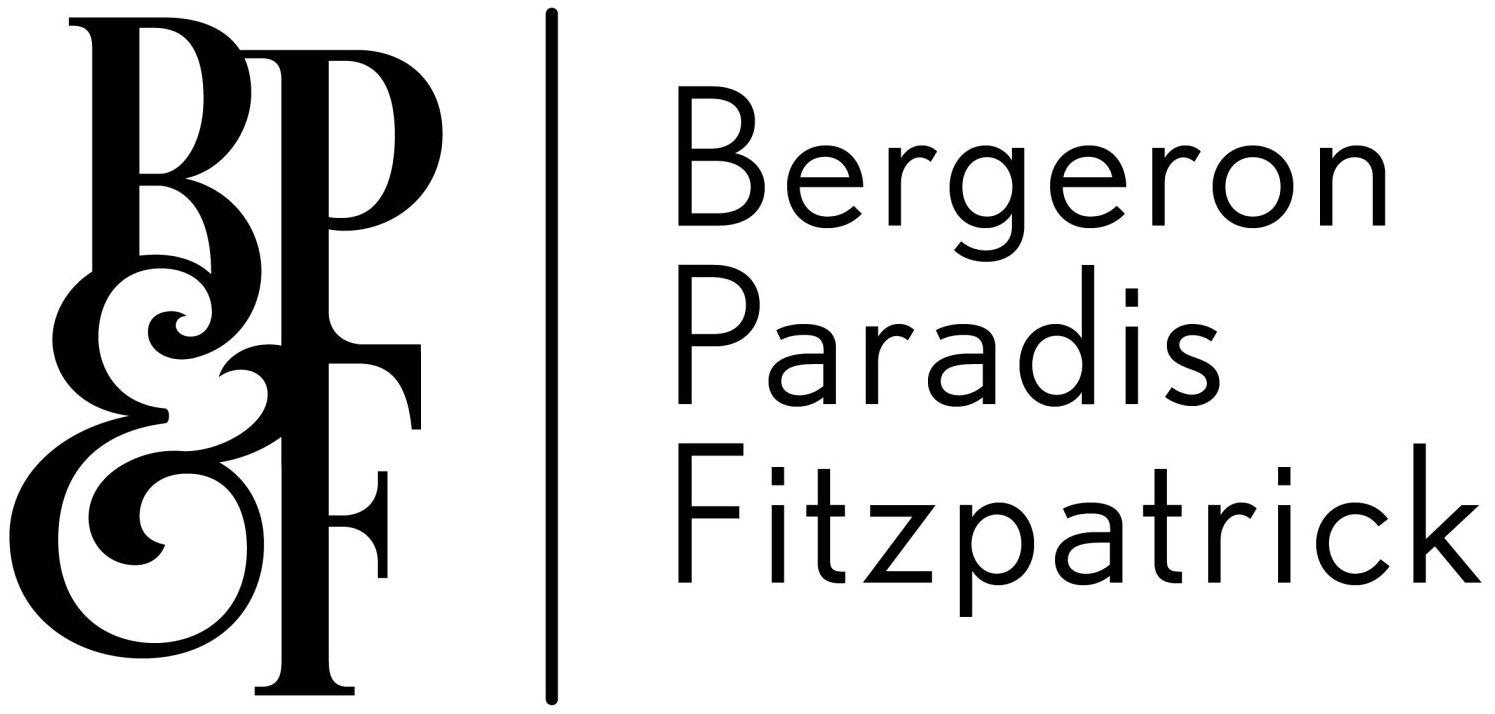This is contained in (Title 9, Chapter 139 of the Vermont Statutes Annotated) which protects potential and existing tenants from unlawful discrimination.
It is unlawful under Vermont’s fair housing law for a landlord to “refuse to sell or rent, or refuse to negotiate for the sale or rental of, or otherwise make unavailable or deny, a dwelling or other real estate to any person because of the race, sex, sexual orientation, gender identity, age, marital status, religious creed, color, national origin, or handicap of a person, or because a person intends to occupy a dwelling with one or more minor children, or because a person is a recipient of public assistance.”
There are limited exemptions to the law.
For instance, it does not apply “(1) if the dwelling unit is inadequate, under applicable laws and ordinances relating to occupancy, to house all persons who intend to live there; (2) if the dwelling unit is in a building with three or fewer units and the owner or a member of the owner’s immediate family resides in one of the units . . . ; (3) to the refusal to rent to a person because the person is under the age of majority; (4) to limit a landlord’s right to establish and enforce legitimate business practices necessary to protect and manage the rental property, such as the use of references . . .; or (5) to a religious organization . . . which limits . . . rental . . . or occupancy of dwellings which it owns or operates . . . to persons of the same religion . . . unless membership in that religion is restricted on the basis of race, color, or national origin. The religious restriction or preference must be stated in written policies and procedures of the religious organization, association, or society.”
A potential tenant who believes he was discriminated against by a landlord may file a charge of discrimination with the Human Rights Commission or may bring an action for injunctive relief and compensatory and punitive damages and any other appropriate relief in the Vermont Superior Court of the county in which the violation is alleged to have occurred. The Court may award costs and reasonable attorney’s fees to an aggrieved person who prevails in an action. Additionally, the Human Rights Commission may bring an action in the name of the Commission to enforce the provisions of Vermont’s fair housing law. In addition to Vermont law, an aggrieved person may pursue a claim under federal law. Federal law claims are investigated by the U.S. Department of Housing and Urban Development (HUD). Similar to Vermont law, if a landlord is found to have engaged in discriminatory housing practice under federal law, she is liable for fines and attorney fees which can be substantial.
It is important for landlords to familiarize themselves with Vermont law and its federal counterpart in order to avoid potential housing discrimination claims; and also to help with a successful defense in case one should be brought.



